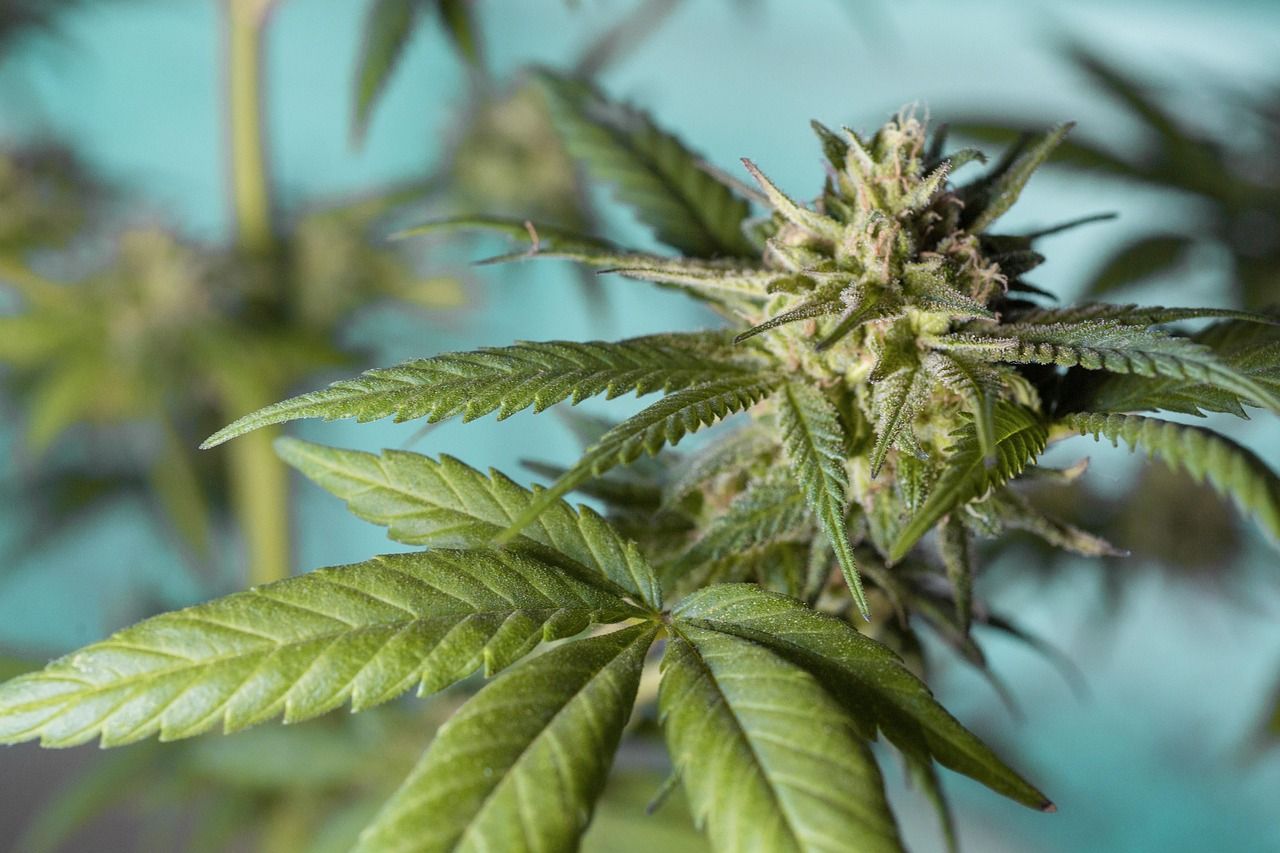Follow us on Google News (click on ☆)

Illustration image Pixabay
"Our findings may explain why cannabis use increases the risk of hallucinations and delusions, characteristic symptoms of schizophrenia and other psychotic disorders," explains Jessica Ahrens, lead author and PhD student in the Integrated Program in Neuroscience at McGill University.
Dopamine is a neurotransmitter that regulates mood and motivation. Excess dopamine is linked to psychosis. The connection between cannabis and dopamine was already known, but we now understand where these changes occur in the brain. A person with CUD struggles to control their consumption, continues using despite negative effects, and may experience withdrawal.
"For a long time, clinical researchers worldwide have sought to establish a link between cannabis and the brain mechanism underlying psychosis. Today, we see that a common dopaminergic pathway may be part of the answer," the researcher notes.
Sixty-one individuals participated in the study. Among them, some had CUD, others did not, and some had early-stage schizophrenia, with or without CUD. Using a specialized brain scan—neuromelanin-sensitive MRI—a research team from Western University measured neuromelanin signals, which reflect dopamine activity.
In individuals with CUD, researchers noted abnormally high neuromelanin signals linked to the severity of cannabis use. In contrast, this signal increase was not observed in those without schizophrenia or CUD. Larger studies will be needed to confirm these results.
Raising awareness among youth about cannabis risks
In Canada, about one in five young people uses cannabis daily or almost daily. A clear understanding of the drug's impact on mental health is crucial.
"Without biological evidence linking cannabis to psychotic disorders, it's not easy to convince young people experiencing psychotic symptoms to reduce their consumption," explains Dr. Lena Palaniyappan, professor of psychiatry at McGill University and psychiatrist at the Douglas Mental Health University Institute.
"Thanks to our research, we may help doctors and mental health professionals educate patients about the dangers of cannabis, especially when there's a family history of psychosis," he adds.
Researchers will now examine the long-term effects of cannabis use on dopamine and investigate whether these effects could reverse after stopping consumption.
The study
The article "Convergence of Cannabis and Psychosis on the Dopamine System," by Jessica Ahrens, Clifford Cassidy, Lena Palaniyappan, et al., was published in Jama Psychiatry.
The study was funded by the Canadian Institutes of Health Research, the Schizophrenia Society of Canada Foundation, the Fonds de recherche du Québec – Santé, the Quebec Bio-Imaging Network, the Canada First Research Excellence Fund, the Canada Research Chairs Program, and the Canada Foundation for Innovation.